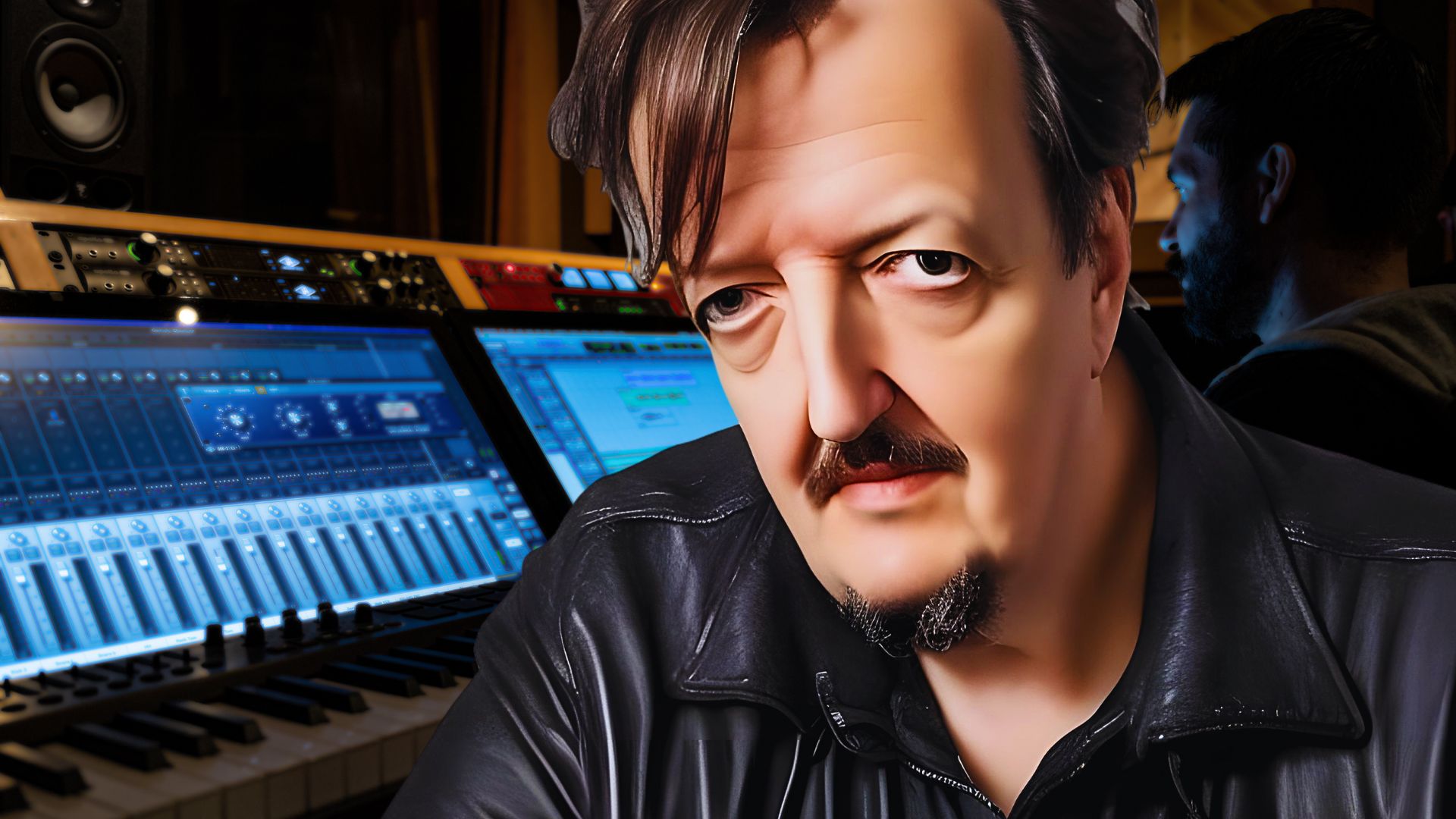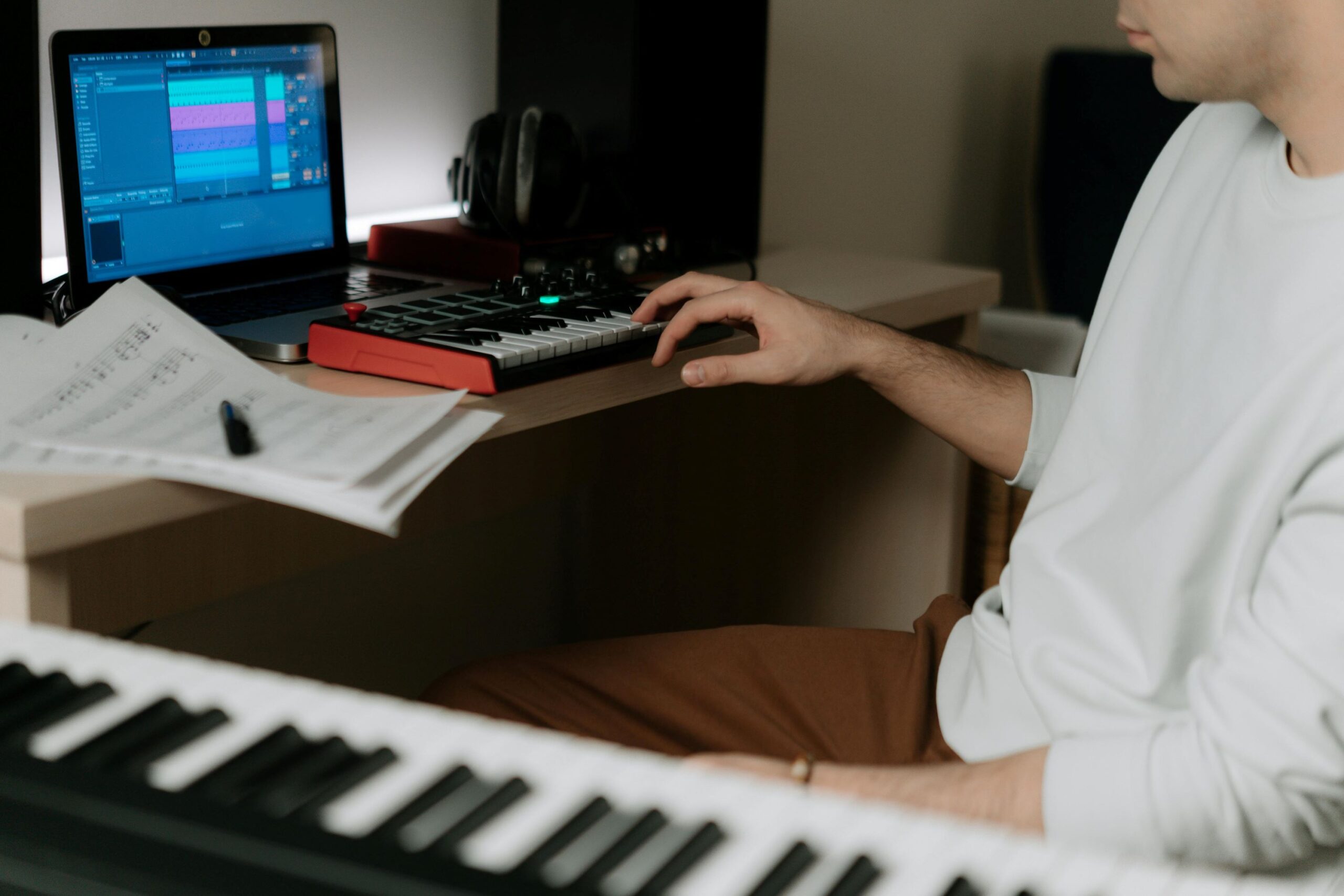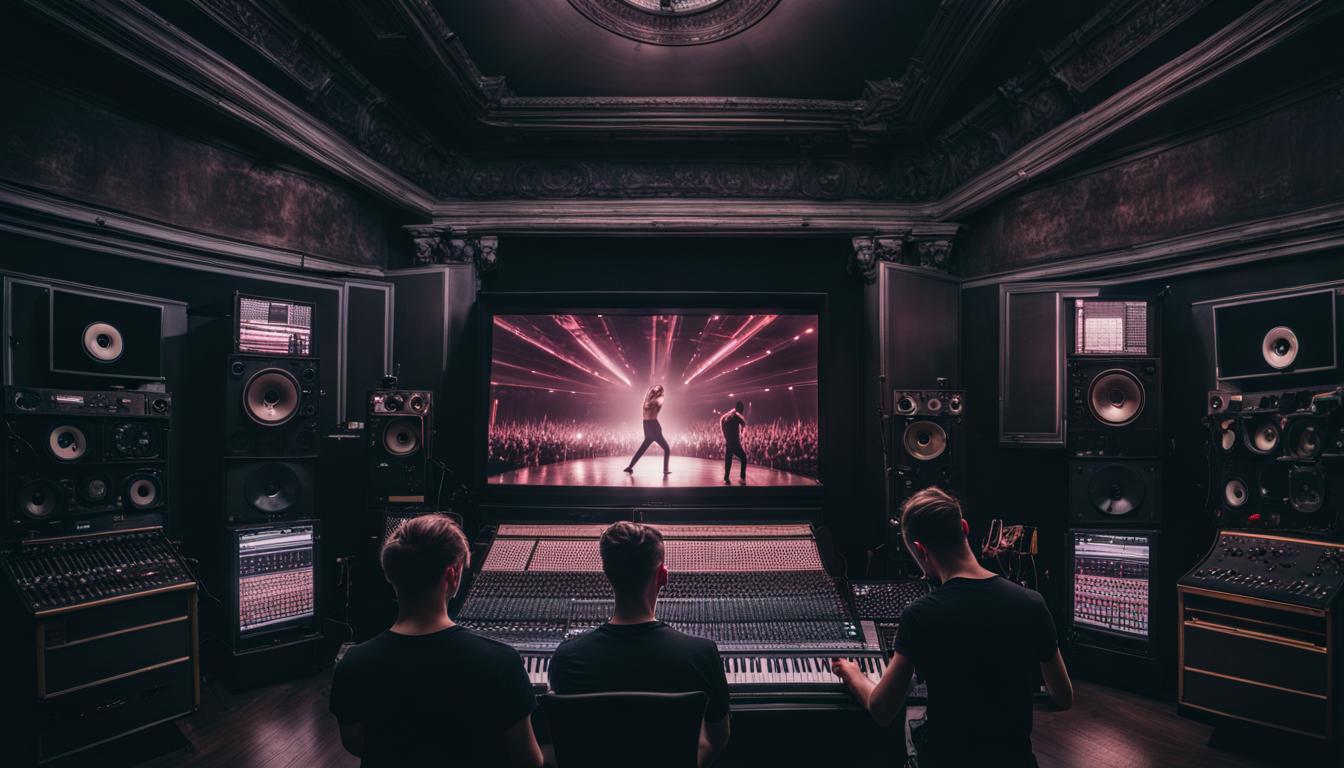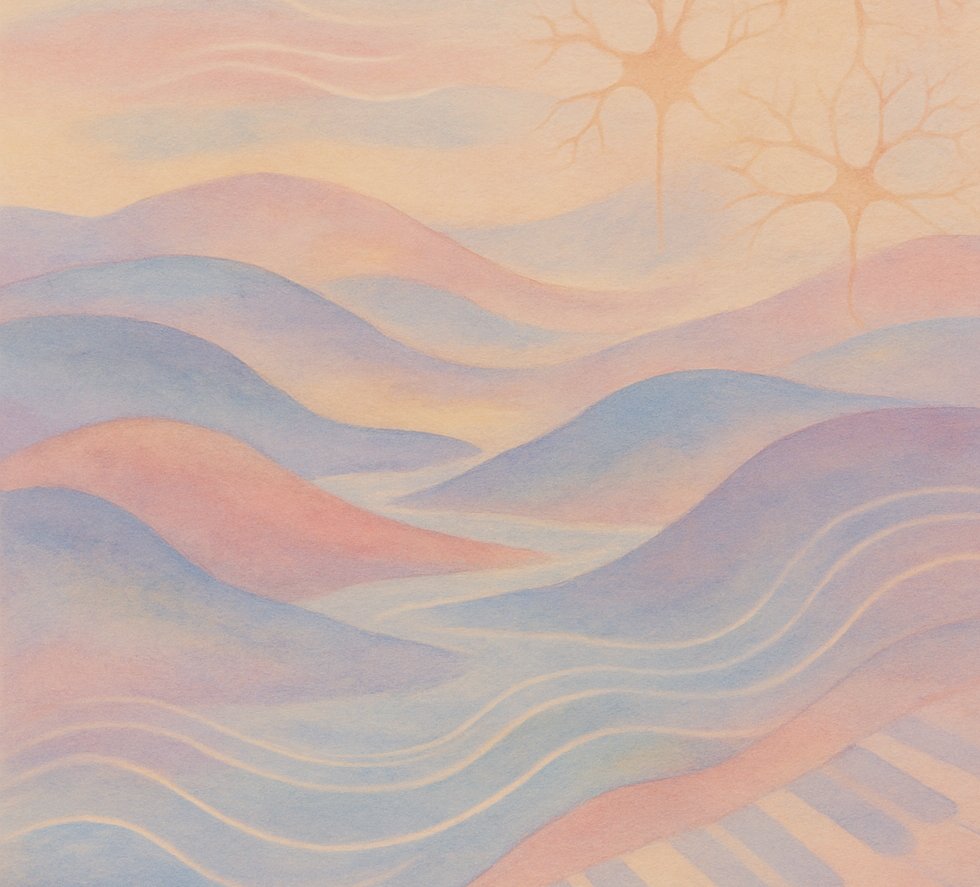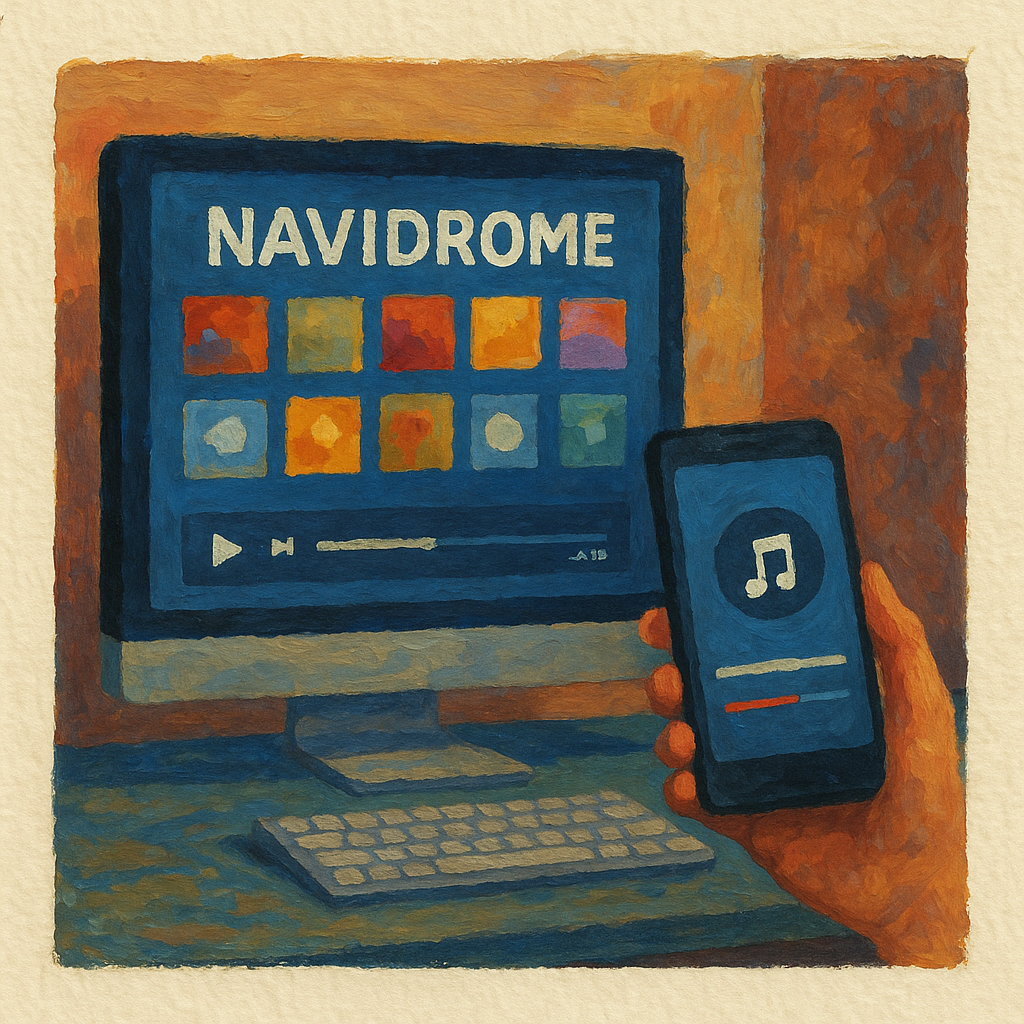An interview with Thomas Alexander Kolbe on sound as trace, concentration as method—and why silence isn’t its opposite.
Thomas Alexander Kolbe lives in Nagoya, Japan, with a second home in Berlin. As a producer, musician, and researcher, he explores the parts of music that need not be loud to leave a mark. This is a quiet conversation about sonic traces, reduction, and working in full attention.
Q: When listening to your releases, one often senses something happening between the tones—as if the music isn’t just what sounds, but also what lies in the gaps. Is that intentional?
Thomas Alexander Kolbe:
Yes. For me, music exists not only in what’s heard but also in what remains unsaid. I rely on deliberate omissions and reduction—not out of minimalism but out of consideration for what resonates within the listener. Those empty spaces aren’t just pauses; they’re transitions, memories, sometimes mirrors.
Q: You live mainly in Japan, with a second residence in Berlin. How does moving between these places shape you musically—and personally?
Kolbe:
In Japan I learned a very clear mode of concentration. Not as an external discipline but as an attitude: to bring full presence to what you do. That inevitably carries over into my music. Berlin feels more like a space to execute ideas—directly, with structure. In Japan, I think in long lines.
Q: You use “Memory Field” not only as the title of your new single but almost as a concept. What does that term mean to you?
Kolbe:
“Memory Field” is an inner place I aim to make accessible through sound. It isn’t nostalgia but a space where experience accumulates—uncommented, yet present. I believe many musical moments rest on stored bodily memory. A certain tone or harmonic movement doesn’t just elicit emotion; it reminds the body of something—often before the mind can name it.
Q: Most of your pieces feel calm and meditative, yet they always maintain a clear presence rather than drifting into lounge-style chill. Is that conscious, part of your production approach?
Kolbe:
It’s not out of resistance, but because it simply doesn’t suit me to think in those limitations. Genres rely on cultural codes, sets of shared signs. I’m more curious about what lies before those codes—or what remains when you strip them away. I also often remove structures when I feel they hinder the natural flow of emotion in a piece.
Q: How do you begin working on a track? Do you follow a fixed routine or something else entirely?
Kolbe:
I never start with beats or hooks—I’m not wired that way. Usually I begin by listening to nothing. I immerse myself in an idea in complete withdrawal. When I finally enter the studio, the first sounds are almost always test impulses—I listen to see if a material connects with a certain inner movement. After that, I work very systematically, even analytically. But the beginning is always formless.
Q: What does sound mean to you beyond the concept of music?
Kolbe:
Sound, for me, is a form of presence. It isn’t just what spreads outward but what imprints itself. I believe sound ties more to memory and bodily knowing than to emotion in the narrow sense.
Q: You once said you don’t need esotericism to speak of transcendence. What do you mean by that?
Kolbe:
I draw a clear line between spiritual practice and esoteric claim. The Buddhism I practice works with clarity, observation, and willingness to reduce illusion. Esotericism often relies on suggestion, projection. In my music I don’t want to impose meaning; I want to open spaces where meaning can arise individually.
Q: When you compose a piece, are you writing for yourself, or do you have listeners in mind?
Kolbe:
I don’t think in terms of target audiences, but I do think in terms of presence. I compose as if someone stands beside me who doesn’t want explanations—only presence. The counterpart isn’t the masses but an attentive, quiet ear.
Q: You also collaborate—whether with Club of Tone or scoring TV series like 19/20. How does collaborative work differ from your solo projects?
Kolbe:
In collaborations I’m interested in difference. I never try to “integrate” the other or force stylistic alignment. Good collaboration means leaving the space between open—allowing something third to emerge, neither this nor that. The outcomes always bring great joy to everyone involved.
Q: Your titles often feel poetic, almost literary—Starboy (The Journey Part One), Memory Field, Silent Distance. Where do they come from?
Kolbe:
I hear them—not in language first, but as a rhythmic or sonic idea, as an image. I believe titles act as hints—not pointing to a concept, but to the direction in which a piece can be heard. I dislike purely functional titles. Music isn’t a function. It’s a gesture.
Q: In the end, what remains—sound, thought, impact?
Kolbe:
Perhaps something that you wouldn’t even call sound anymore. A trace, an echo. Not as reverberation but as a movement that continues within the listener. I’d hope that something indefinable stays behind—something that belongs to no one.
Note: This conversation was recorded in May 2025. .

